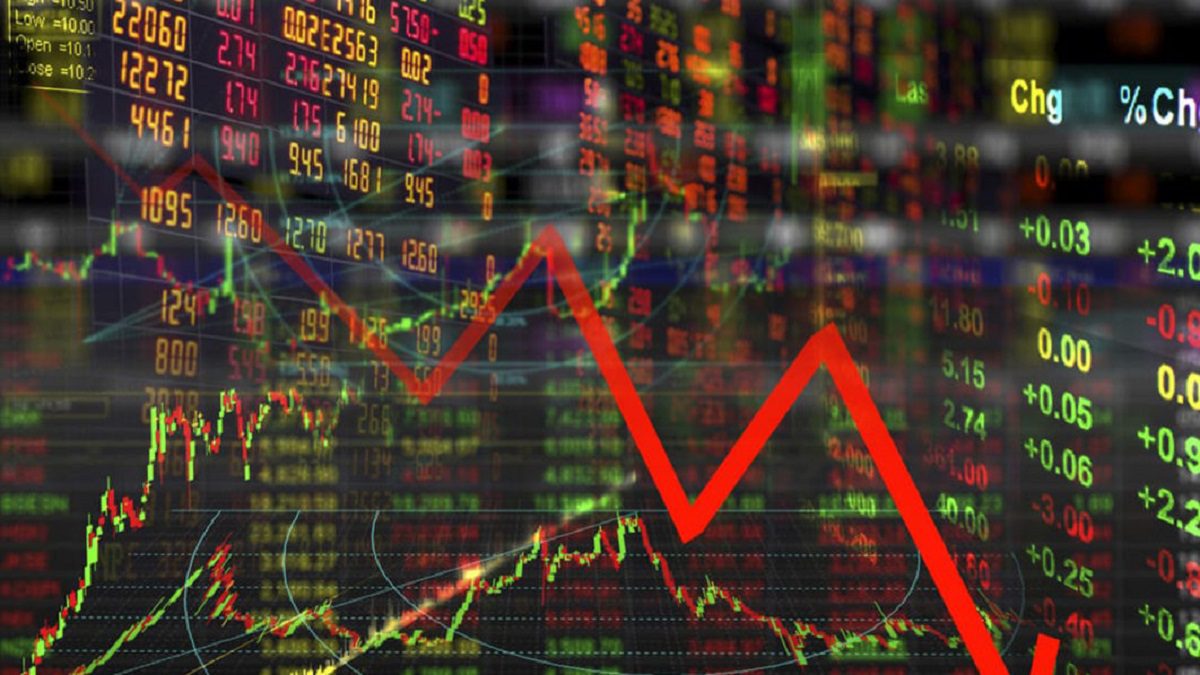A global stock market downturn that began last weekend is now impacting the Nigerian Exchange (NGX), with midday trading data showing a decline in the market.
MTN Nigeria has been notably affected, with its share price falling to its lowest level since October 2021.
As of 12:30 p.m. on August 5, the NGX All-Share Index had decreased by 0.27 per cent, and MTN Nigeria’s stock price had dropped to N179, reflecting a 5.79 per cent decline.
This downturn in MTN’s stock is compounded by recent service delivery issues, including a surge in dropped calls since August 1.
Banking stocks are also experiencing losses, with Wema Bank down by 4.76% and GTCO losing 1% of its market capitalization.
The global sell-off began on August 2, impacting major Asian and European markets. Japanese stocks saw severe declines, with the Nikkei 225 Index falling 12.40%, and the Hang Seng and Shanghai Stock Exchange Composite Indices dropping by 1.60% and 1.54%, respectively.
READ ALSO: Just in: MTN shuts down offices nationwide
The Japanese market experienced its worst trading day since 1987, with significant losses in major stocks like Mitsubishi, Mitsui and Co., and Sumitomo.
European markets also suffered, with the CAC 40 down by 2.26% and the FTSE 100 declining by 2.08% upon opening.
Big tech stocks have been heavily affected, with pre-market data showing Microsoft down by 4.53%, Meta by 4.92%, and Tesla by 5.44%. Nvidia has fallen 20% from its all-time high.
The sell-off was triggered by the US Labor Department’s July job data, which showed a rise in unemployment to 4.3%, the highest since September 2021. This rise, attributed to the Federal Reserve’s decision to maintain benchmark rates despite falling inflation, has heightened recession fears. On August 2, NASDAQ closed down 2.43%, and the NYSE Composite Index fell by 1.79%.
The US Federal Reserve is expected to meet again in September, with analysts anticipating a potential rate cut. However, concerns persist that this could indicate further economic instability.
Despite the global market turmoil, the Nigerian Exchange remains relatively insulated due to low foreign participation.
As of June 2024, foreign participation in the NGX was about N82.2 billion (~$54.8 million), with inflows and outflows showing a modest imbalance. This limited foreign involvement has helped shield the NGX from some global market shocks.

 Entertainment1 week ago
Entertainment1 week ago
 Business1 week ago
Business1 week ago
 Health1 week ago
Health1 week ago
 Business1 week ago
Business1 week ago
 Latest1 week ago
Latest1 week ago
 Entertainment1 week ago
Entertainment1 week ago
 Football1 week ago
Football1 week ago
 Entertainment5 days ago
Entertainment5 days ago

